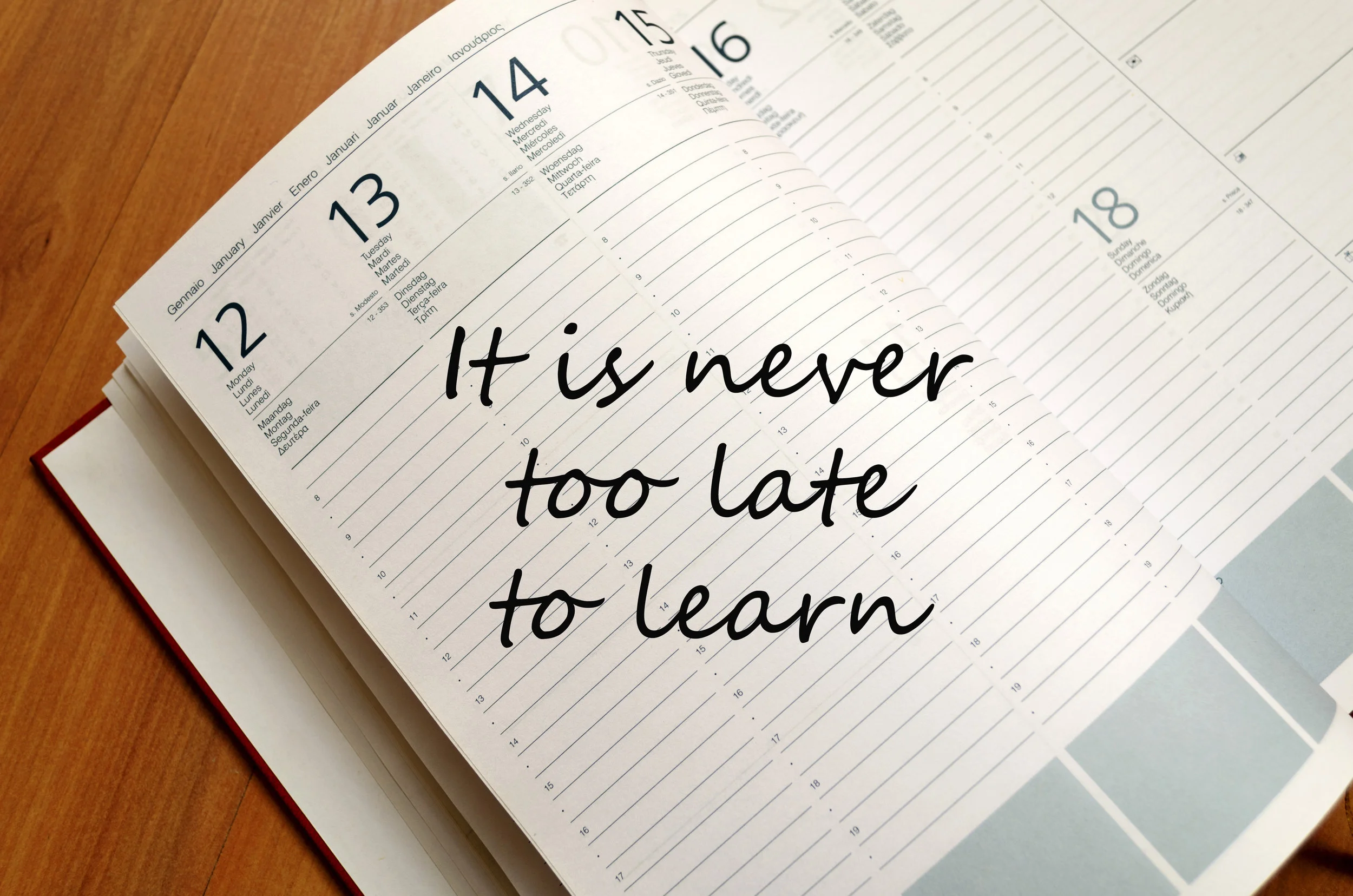Many of us take for granted the idea of “Beginning,” “Middle” and “End” with regard to story structure. But what do those words actually mean? Is there a more helpful way to look at plot? How does all this relate to eating a sandwich?
Don’t Fall for the “Lone Genius” Fallacy!
Somehow, we’ve come to expect creative people to work alone. Yet many of the most successful of us seek out, commit to, and cherish relationships with other artists who help us with our work…. the fantasy of self-sufficiency can be a trap. With rare exceptions, creative people of all kinds like to be around others.
Why, then, would so many people subscribe to the false idea of the “solitary, tormented genius”?
What Must a Good Storytelling Coach Understand?
Simon (not his real name) is a masterful storyteller, so it wasn't surprising that others asked him to coach them. Thoughtful presenter that he was, he was aware of much of what he did, such as his thorough research about each group he visited and his careful preparation of his stories.
Simon's Students' Struggle?
His students loved what Simon told them. So they went off eagerly to try things out on their own audiences.
To everyone’s surprise, though, their story presentations didn’t go well.
In response, Simon gave his students more thorough advice on each story: when to speed up or slow down; at what points to toss in a playful aside; exactly when to push harder to build to a climax during each story. He created a long list of do’s and don’ts, of rules and techniques.
Sadly, the more precisely he instructed his students, the worse reviews they seemed to get.
A Story Experiment: Conflict or Connection?
Recently, I wrote an article, “Is Conflict Necessary in Every Story?” Several of you disagreed with my argument that conflict is not essential to every story.
I don’t expect win you over with more theory. But please let me tell you about an experiment I conducted, using a personal memory that I had never shaped into a story.
First, I looked at this memory through the lens of conflict. Second, I viewed the same memory through the lens of connection. I was startled by the different results!
My "Debby Link” Memory
One day, when I was in first grade, I discovered that one of my classmates…
Is Conflict Necessary in Every Story?
So many experts tell us that every story must center around a conflict. Is that “sage advice,” or just bad advice from would-be sages?
If it’s not true, what else could a story center around? Isn’t conflict essential to life—and therefore to stories? Are there really other centers for a compelling story?
Model Airplanes, Storytelling, and Creativity
When I began learning to assemble plastic models of airplanes as a child, I didn’t understand that I was being cheated.
Now that I’ve spent decades studying how storytelling is taught, I see that many of us are being cheated in the same way.
That’s a shame, because it’s actually easy to turn “assemble by the numbers” storytelling into a deeply engaging, satisfying, and successful set of creative acts.
Plot as "Story Dancing"
Treating plot as process—rather than as a series of parts that must come in a certain order (exposition, rising action, climax, etc.)—open us to a new flexibility and adaptability in creating effective stories.
Along the way, this perspective will reveal to us the three fundamental functions of plot!
Plot Confusion?
As a long-time professional storyteller, I had never been able to make sense of “plot.” The various theories always seemed too vague (“beginning, middle, end”) or too specific (the stages of the “hero’s journey) to be useful with a wide variety of stories.
So what’s a better way? What if plot is not a series of “stages” but a set of processes that you can apply in your own way?
Can storytelling influence values?
We know that stories can promote any values: war or peace; the vilification of the “other” or the dignity of all.
But does storytelling—the process, apart from particular stories—have an underlying tendency to promote some values over others?
If so, does this reveal a hidden power of the storytelling art?
Storytelling and Values: Below the Radar?
Some storytellers have a social message they would like to deliver, but run into problems about telling stories that promote social change:
If they tell stories as part of their living, do they dare risk alienating potential customers or even their own supervisors or colleagues?
If they tell stories with a strong message (of any kind), do they risk alienating their listeners?
If they need to separate their “social change” storytelling from their bread-and-butter storytelling, how can they have the energy to do both?
But what if there’s a way that storytelling can promote important values “below the radar”?
What if the very processes of storytelling can be enlisted to promote values that will be crucial in making a future society even better than today’s society?
What if…
Why Aren’t I Getting More Work as a Storyteller?
Marketing is about matching what we enjoy giving, with what others are hungry to receive.
Sure, we love to tell stories—but who lies awake late at night, restlessly worrying about “I need a storyteller; where will I find one?"
Pretty much no one is desperate for “a storyteller.” But many people are desperate for what we storytellers can do.
WHAT DO YOU HAVE TO OFFER?
Calling yourself “a storyteller” may be like a political candidate calling herself “a politician”…
A Choctaw Response to Violence: Authenticity?
We live in a historical moment where hatred and violence are promoted, not only by individuals and splinter groups, but also by governments. Is it possible that we can learn how to hold onto our true selves in such a moment?
What’s more, can we learn about that kind of authenticity from Native Americans, who have had a few hundred years of practice at the receiving end of hatred and violence?
Tim Tingle is a Choctaw storyteller and novelist, who work models a sense of connection that is rare in our wider society.
In fact, Tim’s novels for teens and young adults—mostly written in the historical past—show us something about what it might mean to be authentic today…
Tim Tingle: A Choctaw Approach to Authenticity
I first got to know Tim Tingle when I moved to Oklahoma in 2004. After my wife Pam and I had spent time with Tim in several contexts, he invited us to attend the Choctaw Nation’s annual Labor Day Festival in the tribal capitol, Tvshka Homma (Tuscahoma), Oklahoma.
Pam and I had the great privilege there of meeting some of the elders who had taught Tim his stories. But most of all, we got a glimpse of some unspoken parts of Choctaw culture.
A case in point: we heard many stories from Tim and from his friends about the jokes they had played on Tim...
The Three Key Ways to Work on a Story (or a Speech)
Previously, I have focus mostly on one way to create a story or talk: talking aloud to helping listeners. Of course, I also work alone - writing an outline, telling the story to the air, or trying to remember the order of points in a speech.
But there is a third way to work, and, though I have seldom thought to talk about it, all three ways work together like Three Musketeers.
A Story Light in the Darkness?
Back in 1984, at the third annual Sharing the Fire conference, I went to a session on “Spiritual Stories.” There, a former rabbi, Harold Rabinowitz, told a 20-minute version of what I already knew as a 90-second story.
That encounter led to a story that took over my creative life for 13 years - and led me to emotional healing about hope and disappointment.
Can We Give Thanks Through Stories?
We know that stories can inspire, teach, or warn. They can also help us imagine a new future or remember a splendid piece of the past that we may have forgotten.
Can stories also praise?
Recently, I had occasion to honor "the queen of Jewish storytelling," Peninnah Schram, with a story. Who would you praise with a story?
I invite you to post your praise stories as comments to this article!
The Lesson I Just Learned About Coaching
Let Your Stories Do Your Marketing!
Sharon came to me for help with her storytelling - and I helped her.
Then one day I noticed that she wasn't using what she had learned in her marketing, so I gave her most important web page a quick makeover.
It turns out that she had already told me a story that could do her marketing for her - and save her web site from the "blah-blah-blah's".
Speech of a Lifetime?
At the recent National Storytelling Conference in Kansas City, I had the amazing honor of being given the Lifetime Achievement Award - the highest honor given in the U.S. storytelling community.
I was allowed just a few minutes to address the gathering. Since this was a once-in-a-lifetime moment, I tried to give the essence of what I most want to pass on, after over four decades as a storyteller, author, teacher, and coach. So here’s what I said...
Can Storytelling Help Your Mindset?
Carol Dweck discovered children who loved to fail - because, in their mindset, failure was a chance to get smarter. But our society seems to favor the fixed mindset, in which your smartness is innate and unchanging. Why is that? What role does it play, to keep people imprisoned in a fixed mindset? Is there something storytelling can do, to help others experience the exciting potential of a "growth mindset"?



















